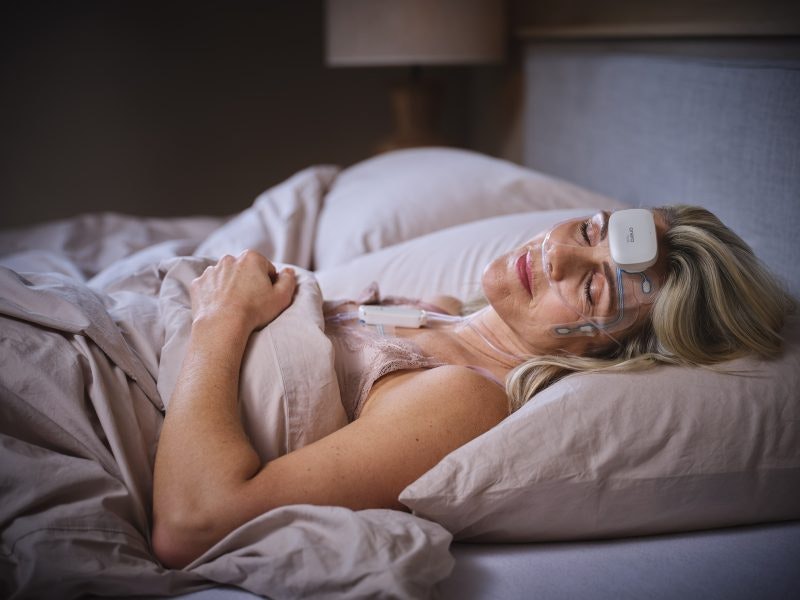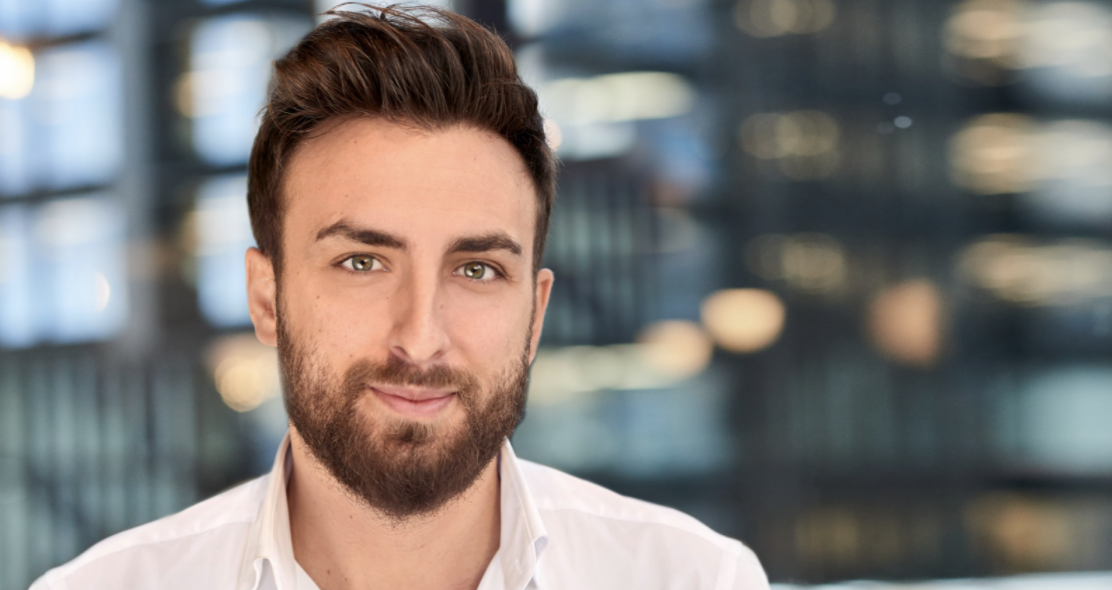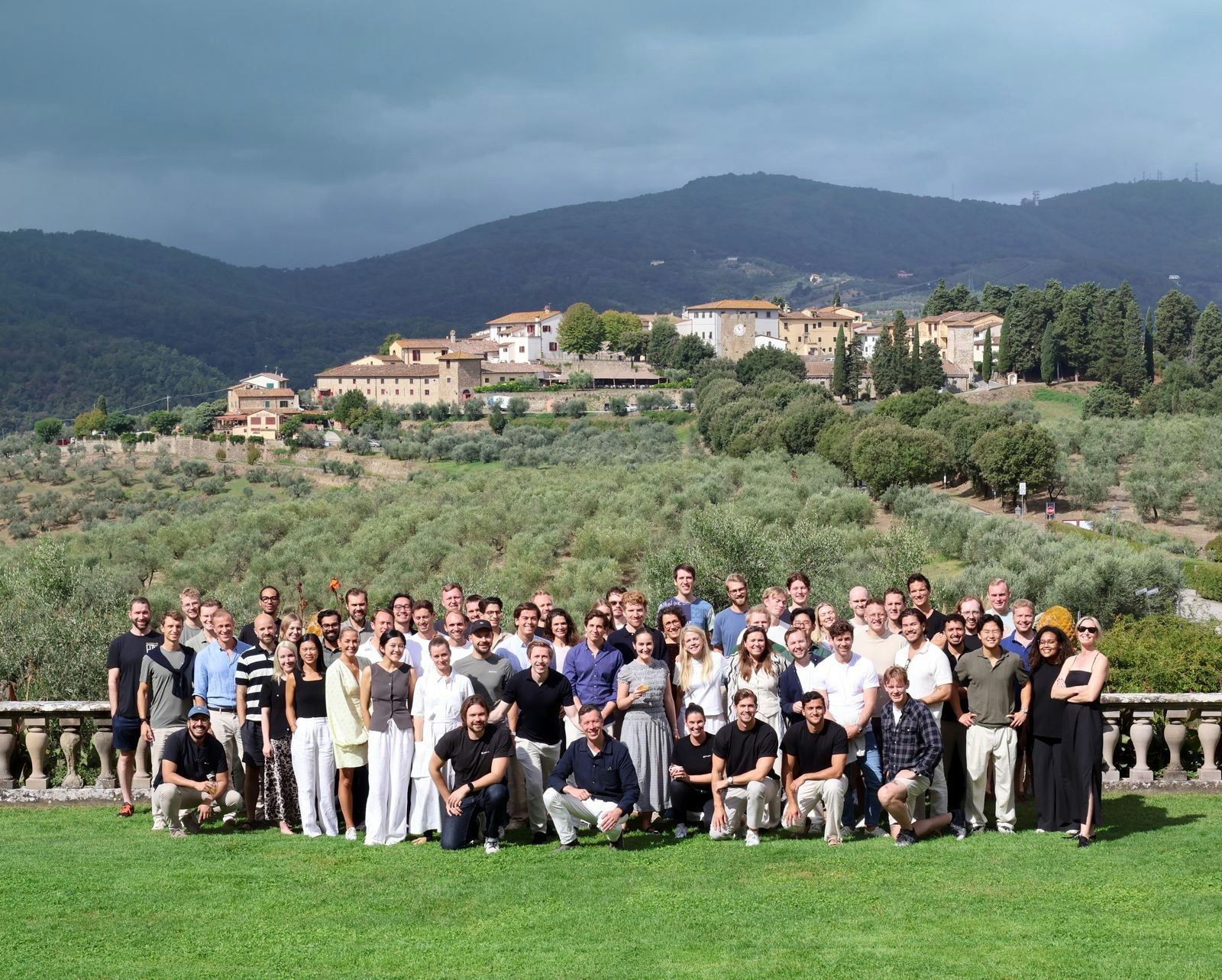Dutch startup Onera Health, which sells remote sleep-monitoring and diagnostics tools to public and private health providers, is today announcing a €30m Series C round.
The round, which brings the startup’s total funding raised to €55m, was co-led by new backers EQT Life Sciences — an arm of the Swedish EQT Group — and Belgium-based VC Gimv. Existing investors Innovation Industries, Invest-NL, imec.xpand, BOM and 15th Rock also participated.
Onera’s Series C follows a €10.5m raise in July 2021, and will see the company look to increase its commercial footprint in Europe and double down on expansion to the US.
At-home sleep testing
Founded in 2017, Onera is bringing a typically clinic-based sleep test called a polysomnography (PSG) into the home.
The test involves a patient attaching a number of wireless sensors to their forehead, upper chest, abdominal area and lower leg, which measures things like brain, cardiac and respiratory functions and body movements.
Data is sent to a cloud-based platform where doctors can remotely monitor and diagnose sleep disorders like insomnia, sleep apnea and narcolepsy.

Around 10% of adults in Europe suffer from chronic insomnia and 44% from sleep apnea — but currently, just 20% of sleep disorders are ever diagnosed and treated.
The founder of Onera, Ruben de Francisco, says this is because there are currently two routes a patient can be sent down by a doctor.
One is a clinic or hospital-based PSG, which requires the patient to spend a night in a clinic or hospital with specialised personnel monitoring. It’s expensive and fairly unpleasant for the patient — meaning very few people get sent down this route, says de Francisco.
Then there are simple at-home screenings, which are known to be less effective than PSGs — the gold standard for sleep tests — and can lead to a longer and more expensive pathway to diagnosis, he adds.
“What we see is that [patients] do a [simple at-home sleep] test, it's not conclusive, and you end up in the lab [for a PSG] anyway.”
After gaining regulatory approval in Europe in 2021 and the US in 2022, Onera launched in the Netherlands, Germany and the US in 2022, and is currently running a pilot programme in Austria.
Reimbursement
With 88% of healthcare in the EU paid for by the state, one of the biggest hurdles for healthtechs looking to scale is getting public healthcare providers to reimburse them for their services.
It’s one of the “main challenges” for Onera, which currently has most of its customers in the private sector, says de Francisco.
The fact that remote PSG tests are relatively new means that many countries are just beginning to consider offering them via public healthcare.
Onera’s current markets present a mixed picture when it comes to reimbursing the startup’s tech.
Doctors in Austria and the Netherlands can prescribe at-home PSGs via public healthcare. Germany — while seen as an early adopter of digital health apps via its DiGA scheme (which has met with mixed results) — doesn’t currently offer public reimbursement for the tests. About 20-25% of health insurers in the US will pay for at-home PSGs, according to de Francisco.
It can take two years or longer for countries to approve reimbursement for new technology like PSGs, he adds, and those that introduce them first will play a “key role” in the startup’s expansion plans.
Positive noises are coming from several markets in southern Europe, the Nordics and the UK — which don’t currently have reimbursement codes for at-home PSGs — but Onera doesn’t have any concrete expansion plans just yet.
What the startup does know is that a decent chunk of the €30m raise will be spent on expanding to new markets — wherever they may be — and increasing commercial footprint in existing markets in Europe and the US.
It will also continue to invest in R&D to make sure its PSG test and monitoring platform is adaptable to different markets’ needs.
The sleep tech market
While Finnish sleep-tracking company Oura has picked up $155m, according to Dealroom, and is the most well-funded in the sector, few startups have popped up in the B2B sleep tech vertical up to this point.
Alongside Onera — which has raised a total of €55m — there’s also the UK’s Signifier Medical Technologies, which has a medical device designed to reduce sleep apnea and has brought in $58m of funds, according to Dealroom. Belgian sleep-monitoring startup Sunrise raised €23m across 2023 to take its total funding to €32m.



